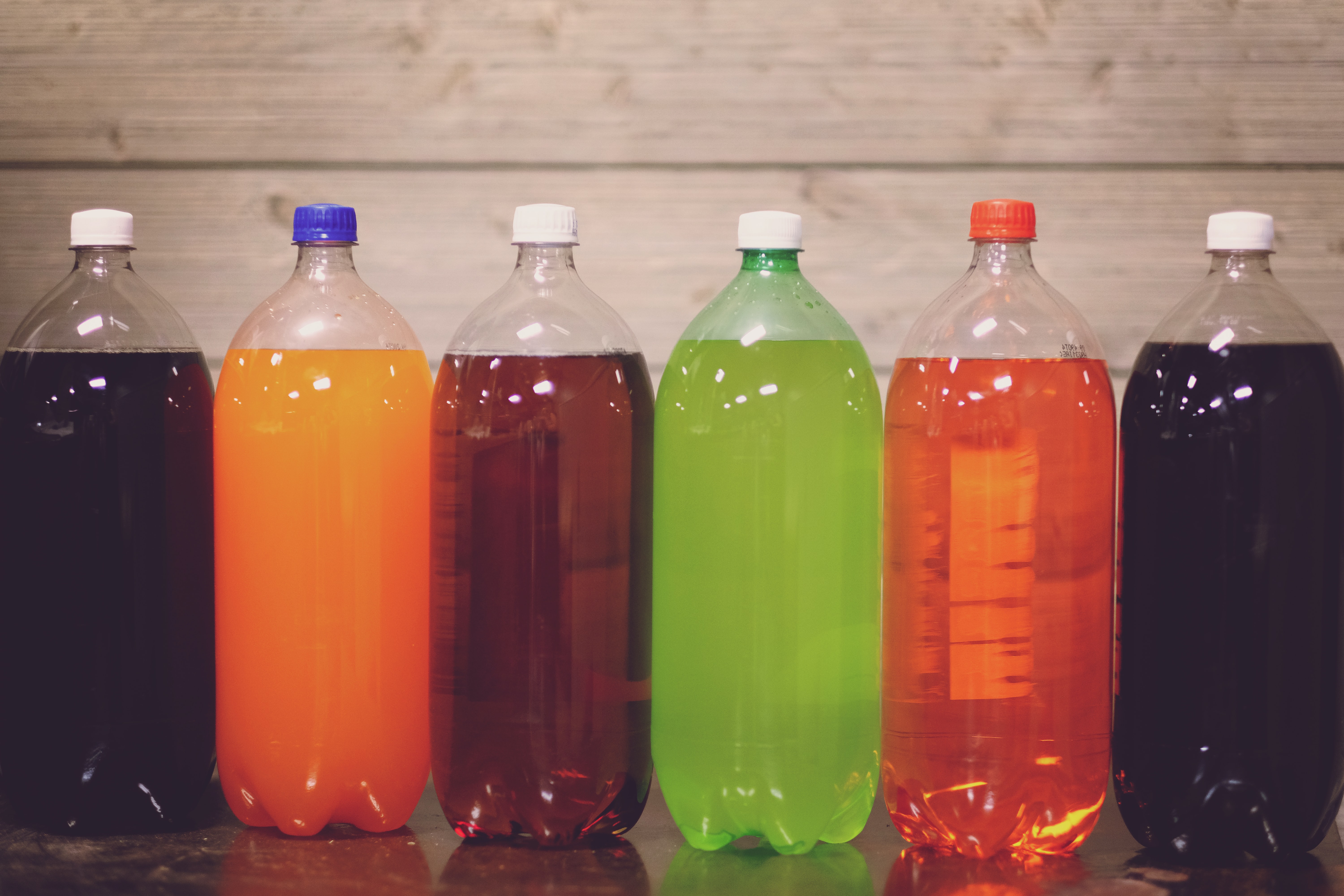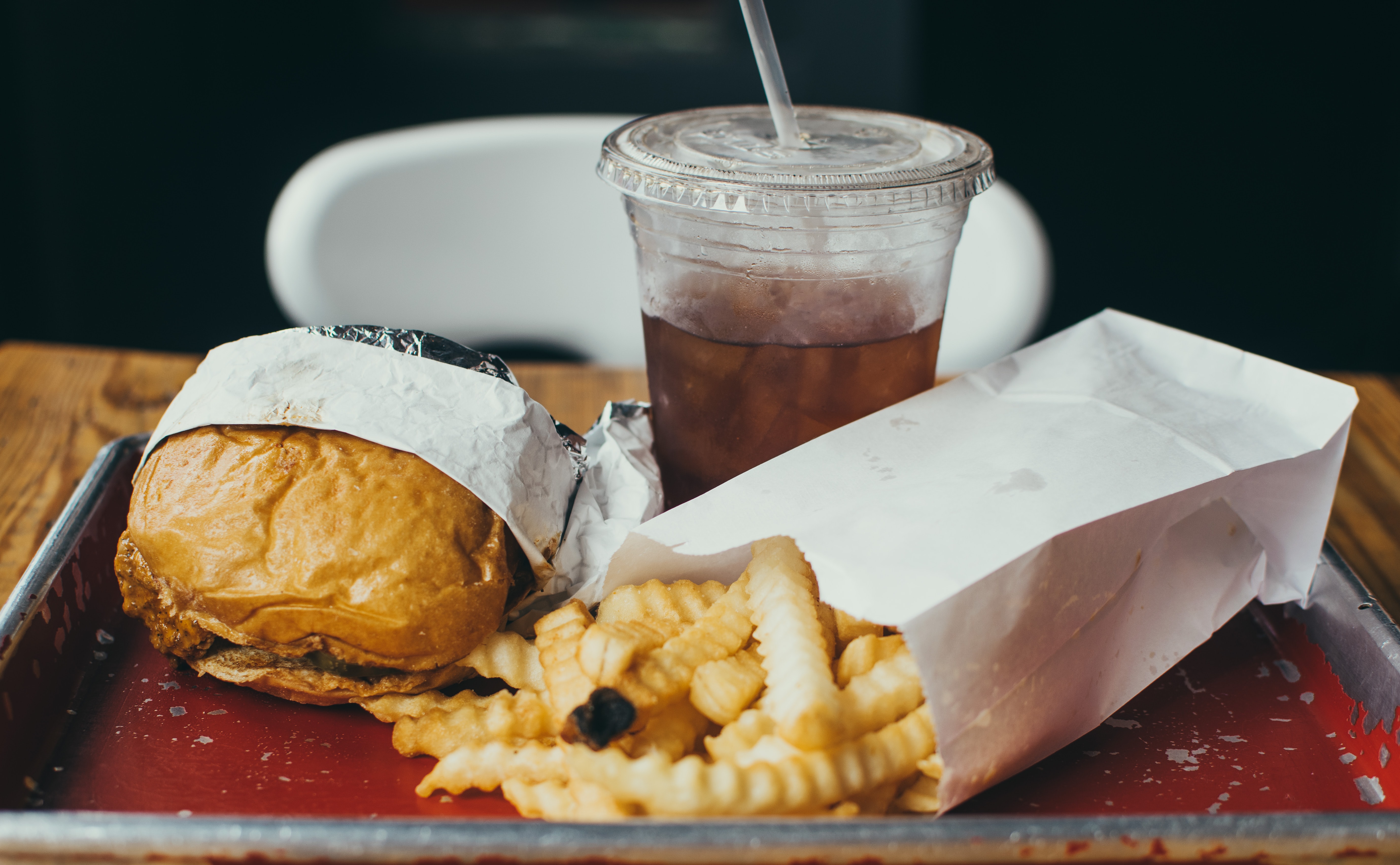
Photo by Amanda Shepard on Unsplash
In Defense of the Nanny State by Lisa Kearns defended then Mayor Bloomberg’s attempt to ban sales of large sodas in New York by arguing the soda industry interfered with people’s ability to make autonomous decisions. People were under the influence of corporate power and addictive products. The bioethical analysis spoke to both diet and the meaning of autonomy. In the ten years since courts struck down the ban on large soda sizes, obesity in the United States has increased. However, in the meantime, it has become more difficult to ban marketing of junk foods and soda let alone enforce a portion size. On diet, bioethics has seemed engaged in a more medicalized way, and on autonomy, bioethics remains relatively dismissive.
While bioethics and public health highlight the downsides of highly processed food and corporate influence on the food supply, the narrative has shifted slightly in the past ten years. I sense bioethicists feel less able to change food supply and are increasingly permissive of medical interventions. Ethical arguments also center on public health and its role in educating the public. I observe that bioethics is slightly less vocal about the corporate manufacturers, retail sellers of junk food, and restaurants and unwilling to point out the deficiencies in government dietary recommendations. That may be due to several obstacles. One is corporate free speech, a nonsense trend that skews the Bill of Rights. It is tough to regulate food advertising and other corporate behaviors. Another is political polarization which has led to more outrage when any government policy is perceived to limit individual freedom. And yet a third is the increasing corporate power in government and conflicts of interest that allow food industry lobbyists to influence dietary recommendations. While bioethicists must remain objective, one problem framing the issues may be that ethicists observe that government is boxed out of restraining corporations effectively.

Photo by Christopher Williams on Unsplash
The American Academy of Pediatrics just released a comprehensive guideline on obesity, serving to further medicalize it, more liberally recommending bariatric surgery and pharmaceuticals. While there was pushback, much of it focuses on what the recommendations mean for self-esteem and body issues. The ethics responses have ranged from justifying the medical approach as a safe and efficacious way to reduce harm to challenging it as missing the mark and failing to address obesity at its roots.
Also, bioethics articles and events routinely draw attention to body-shaming, discrimination, and stigma. While these arguments were around before the 2013 article, they are seemingly more prevalent based on literature searches and my experience. As it is almost universally agreed that shaming is bad, the amount of ethics attention is arguably unnecessary and potentially distracts from the public health issues. Shaming is an area that seems improved although subjectively a patient may perceive shame that was not intended. Widespread agreement usually allows ethicists to move on to more pressing ethical dilemmas.
Public policy should set people up to make good personal choices. The ban on large sodas may have helped people improve habits and perhaps this bad path to accepting bariatric surgery and drugs could have been disrupted. Policies that support personal dietary improvements align with disrupting the corporate unhealthy food supply, providing access to fresh and unprocessed food, addressing government failures, food deserts, and harmful government subsidies, and investigating conflicts of interest. We need to pay more ethical attention to each. It seems the bioethical discourse is permissive of the medical model of obesity and the conversation might continue to skew toward access to pharmaceuticals and bariatric surgery.
Bioethics has a way of dispensing with autonomy neatly when it wishes to do so. I agree with Kearns that the soda size limit could improve population health, and it should have survived. The author’s reasoning with respect to autonomy - that the soda law would not impede autonomy meaningfully because people are so swayed by corporate behavior that they are not truly autonomous - remains a prevalent bioethics argument. Bioethics risks overuse of the reasoning: if you were not really behaving autonomously anyway, there is no infringement on autonomy. People are quite influenced by corporations, religious people by religious leaders, professionals by industry leaders, tech users by addictive apps. Whenever possible, using policy to infringe autonomy is better than saying autonomy is compromised or nonexistent. (“You cannot make this decision because obesity is so costly to the healthcare system” is better than saying “you are not in your right mind, and we are saving you with this law.”)
The ban on large sodas should have been justified the same way public health justifies many of its actions: the public’s health in a crisis matters more than certain individual freedoms. With the proper reasoning, an autonomous individual remains autonomous, with their minds, choices, and ability to make rational decisions intact, but the large soda would be off-limits. Sadly, on autonomy, bioethics remains the same ten years later.
